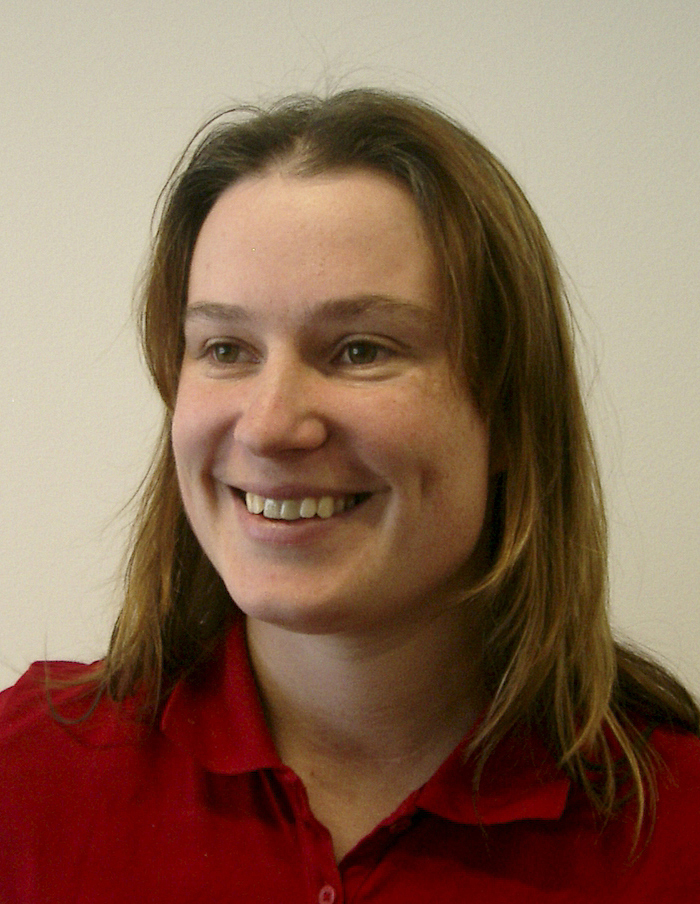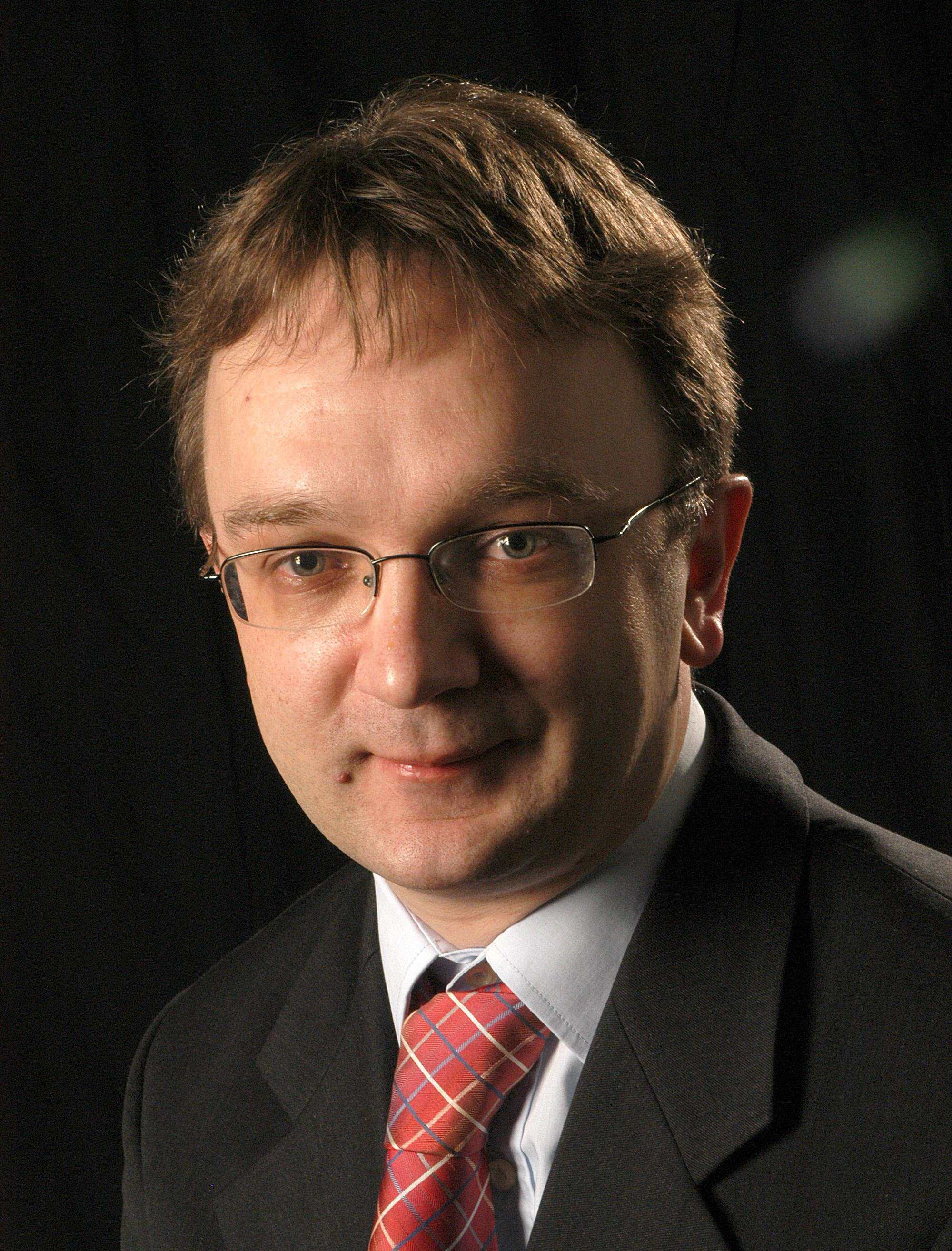Tutorial 4: Enabling Flexibility in Process-aware Information Systems
Challenges, Paradigms, Technologies
Process-aware information systems (PAIS) must be able to deal with uncertainty, exceptional situations, and environmental changes. Needed business agility is often hindered by the lacking flexibility of existing PAIS. Once a process is implemented, its logic cannot be adapted or refined anymore, and no flexibilty is provided to users. This often leads to rigid behavior or gaps between real-world processes and implemented ones. In response to this drawback, different paradigms and technologies for realizing flexible PAIS (e.g., adaptive processes, declarative workflows, case handling) have emerged. Using real-world cases, this tutorial presents a detailed review of the challenges that exist for flexible PAISs, and it gives detailed insights into paradigms and technologies for their realization. Our approach is to present real-world needs and then to deliberate on various developments from academia and industry in terms of their closeness to these needs, thus identifying open questions where relevant.
This tutorial will be organized as follows: First, the presenters explain the overall agenda and establish the context of process flexibility in the light of industry demands. Case studies are presented which form a motivational backbone for the remaining tutorial. This is followed by a detailed discussion of the challenges, paradigms and technologies around process flexibility. Finally, demos of technologies for realizing process-aware information systems are provided.
In summary, the following topics will be covered by the tutorial:
- Basic challenges and requirements emerging in the context of flexible PAIS.
- Paradigms for realizing flexible processes and flexible PAIS respectively; e.g., adaptive processes, declarative workflows, case handling, data-driven processes
- Analysis of the diversity of these paradigms and discussion along characteristic sceanrios
- State-of-the-art technology for enabling (runtime) process flexibility (e.g., ad-hoc changes, late modelling)
- Implementing process changes through process schema evolution (and change propagation)
- Change patterns and change features in PAIS; pattern-based comparison of state-of-the-art technology for flexible processes
- Demonstrations of existing proof-of-concept prototypes
Information
Date:
Wednesday, 9 September
14:00-17:30
(Coffee Break 15:30-16:00)
Speakers:
Barbara Weber
University of Innsbruck
Austria
Manfred Reichert
Ulm University
Germany
Barabara Weber

Barbara Weber is Assistant Professor in the CS Department at the University of Innsbruck, Austria. Here she also obtained her PhD degree. Barbara is a member of the Quality Engineering research group, where she is leading the research cluster on business processes and workflows. Her main research interests are agile and flexible processes and intelligent user support in flexible systems. This spans several technology areas including workflow manage¬ment systems, case-based reasoning, process-oriented knowledge management, enterprise information systems, process mining, and agile software development. To allow for the exchange of ideas with practice she is engaged in third-party funded projects with partners from different domains (e.g., healthcare, logistics). In the area of flexible processes Barbara has published several papers on topics like integrated process lifecycle support, change patterns, process model refactorings and recommendations. Further, Barbara has been organizer of several international workshops (e.g., BPI’07 – BPI’09) as well as of a think tank on business agility at AGILE 2007, which are related to flexible workflows. Barabar is Demo-Co-Chair of the BPM’09 conference.
Manfred Reichert

Manfred Reichert holds a PhD in CS and a Diploma in Mathematics. Since January 2008 he has been appointed as full professor at the University of Ulm. Before he was working as Associate Professor at the University of Twente (UT), The Netherlands. At UT he was also leader of the strategic research orientations on e-health and on service-oriented architectures, and member of the Management Board of the Centre for Telematics and Information Technology (CTIT). His major research interests are next generation process management technology (e.g., adaptive processes, process lifecycle management, process visualization, data-driven workflows), service-oriented architectures (e.g., service interoperability, service evolution), and advanced applications for ICT solutions (e.g., e-health, automotive engineering). Together with Peter Dadam he pioneered the work on the ADEPT process management system. Manfred has been participating in numerous research projects in the BPM area and contributed numerous papers. Further, he has co-organized international and national conferences and workshops In particular, Manfred was PC-Co-Chair of the BPM’08 conference in Milan and is General Co-Chair of the BPM’09 conference in Ulm.
